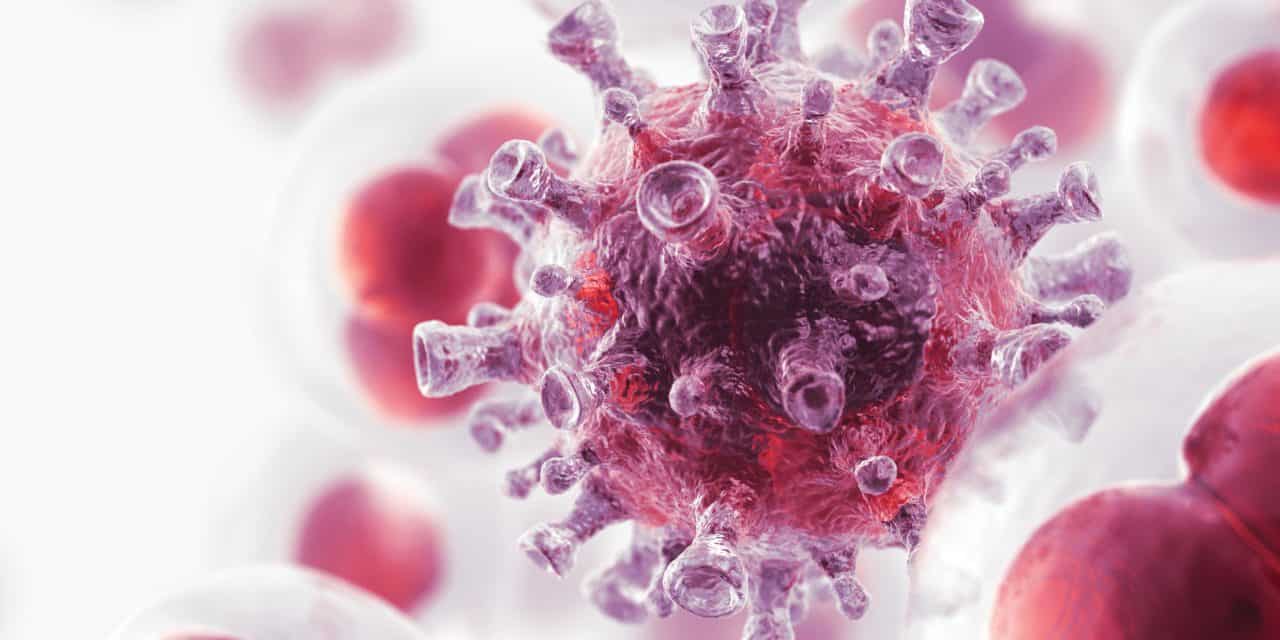To analyze factors associated with knowledge gaps and acquisition about HPV and its vaccine among medical students.
Cross-sectional and analytical study conducted at the University of São Paulo Medicine School, in 2016. A convenience sample of students completed a data collection instrument containing questions on knowledge about HPV and its vaccine, and vaccine acceptability. The level of knowledge and acceptability established as a “good level” was 80% of correct answers on the questionnaire. Internal validity was calculated with Cronbach’s alpha value (α) = 0.74. Bivariate and multiple analyzes were performed using the Stata® program (Stata Corp, College Station, USA) 14.0.
To evaluate the internal consistency of the instrument applied, the Cronbach’s alpha equation was used, obtaining the alpha value (α) = 0.74 for this population. This value attests that the consistency of the answers obtained with this questionnaire is considered substantial and acceptable. Among the 518 medical students who completed the survey, the majority were men 312 (60.4%) with a mean age of 23 (± 2.8) years old; 199 (38.3%) of the students were in the final years of graduation (5th and 6th years). Students in the first, second and third year of study had a 51% higher risk of a knowledge gap when compared to students in the final years of graduation [PR 1.51 (1.3:1.8); p <0.001]. Men were at 22% higher risk of unsatisfactory knowledge than women are [PR 1.22 (1.07: 1.39). There was no knowledge acquisition during medical school in the following questions (p <0.05), indication of vaccine for individuals with HIV and contraindication in pregnant patients.
Male medical students, in the first year of medical school, and those who were not vaccinated had significant knowledge gaps about HPV. The novelty of the study includes the finding of non- acquisition of knowledge during the medical school graduation on safety and vaccination schedule and vaccine administration in specific populations.
Knowledge gaps and acquisition about HPV and its vaccine among Brazilian medical students.


